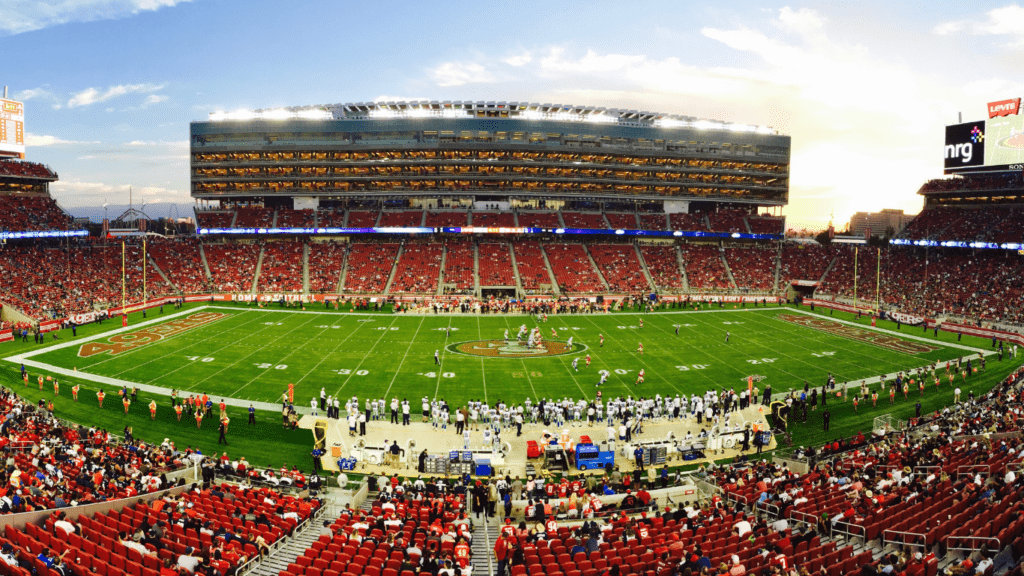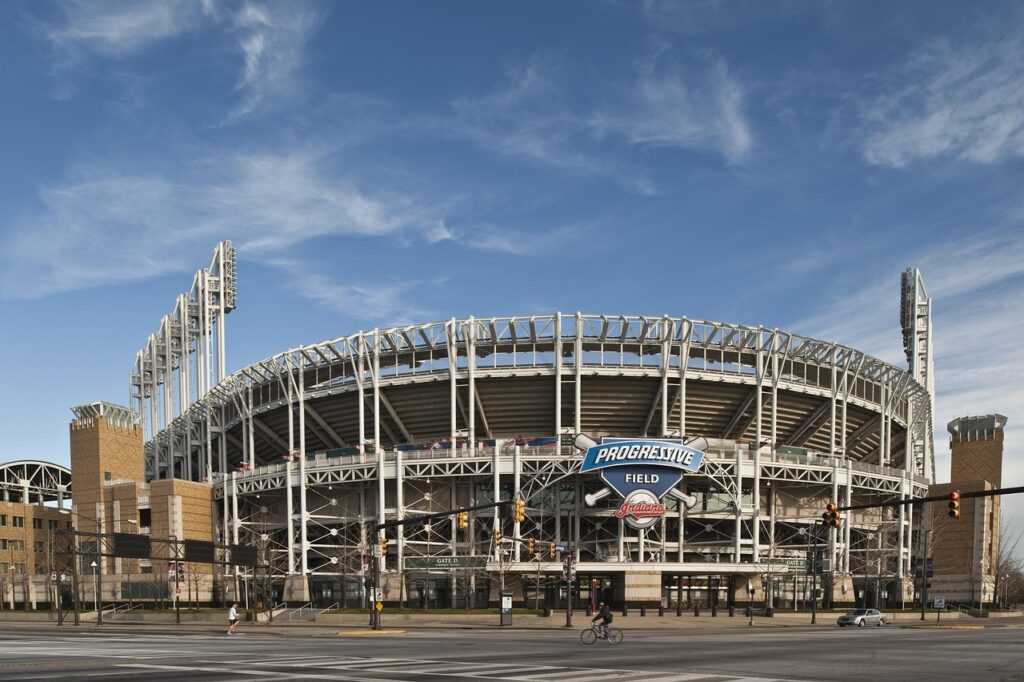The Importance of Sports in Cultural Exchange
Sports act as a bridge for cultural exchange, connecting fans from diverse backgrounds. They provide a common platform where people from different cultures interact. Major sports events like the Olympics and the World Cup draw millions of spectators and participants globally.
During these events, tourists experience local cultures firsthand. They taste regional cuisine, observe traditional performances, and participate in cultural festivals. This immersion fosters a deeper appreciation of the host country’s heritage.
Sports also encourage dialogue between tourists and locals. Visitors learn about traditions, languages, and practices, while locals understand different cultures through guest interactions. This mutual exchange builds respect and reduces cultural prejudices.
Moreover, sports tourism boosts local economies. Increased tourist influx leads to revenue generation for host cities, benefiting local businesses like:
- hotels
- restaurants
- shops
Thus, the economic impact strengthens community ties and cultural exchange.
By facilitating interactions in a friendly, competitive environment, sports promote global unity. Fans share excitement and camaraderie, breaking down barriers of language and nationality. This global perspective fosters understanding and acceptance among different cultures, reinforcing the role of sports in cultural exchange.
Historical Context
Ancient Sporting Events and Cultural Exchange
- Ancient sporting events acted as early platforms for cultural exchange.
- The Olympic Games in Greece, beginning in 776 BCE, drew participants from various city-states.
- These athletes and spectators brought their customs, traditions, and languages, creating a melting pot of cultures.
- The Games encouraged unity and friendly competition among different regions.
- Rome’s gladiatorial games also exemplified cultural exchange.
- Spectators from diverse territories across the Roman Empire gathered to observe these events.
- They shared traditions, forged connections, and participated in a broader cultural dialogue, enhancing mutual understanding.
Modern Examples of Sports Promoting Tourism
In modern times, sports continue to serve as catalysts for cultural exchange through tourism. The FIFA World Cup stands as a prime example. Held every four years since 1930, it draws fans worldwide, creating opportunities for cultural interaction. Tourists explore local traditions, food, and customs while attending matches.
The Olympic Games, revived in 1896, similarly promote tourism. Host cities transform into global cultural hubs, offering visitors a chance to experience diverse performances, cuisine, and heritage. These events break down cultural barriers and foster global unity.
Other sporting events like the Tour de France and cricket’s ICC World Cup keep this tradition alive. These tournaments attract international fans, enhancing cultural awareness and promoting shared experiences. Major sports events drive travelers to new destinations, enabling immersive cultural exchange and contributing to economic growth.
Case Studies
Several major sporting events serve as perfect examples of sports promoting cultural exchange through tourism. Below, I examine two prominent ones:
The Olympics
The Olympics stand out as a premier example of cultural exchange through sports. Every four years, athletes from over 200 nations gather, representing diverse cultures and traditions. For instance, the 2016 Rio de Janeiro Olympics showcased Brazil’s rich history through the opening ceremony that included samba dance and capoeira martial arts, engaging millions worldwide. Tourists experienced Brazil’s vibrant culture firsthand, boosting mutual understanding and respect.
Local customs and cuisine play a significant role during the Games. In Tokyo 2020 (held in 2021), visitors explored Japanese traditions such as tea ceremonies and sampled regional dishes like sushi and tempura. These cultural interactions create lasting impressions and foster positive perceptions. Additionally, tourists participated in local festivals, enhancing the cultural fabric and creating memorable experiences.
The FIFA World Cup
The FIFA World Cup also exemplifies how sports tourism promotes cultural exchange. Held every four years, it attracts millions of fans globally. The 2018 World Cup in Russia welcomed spectators from 32 countries, each bringing unique traditions. Fans shared their customs, attire, and culinary delights, enriching the cultural diversity of host cities like Moscow and Saint Petersburg.
Cultural festivals and fan zones during the World Cup offer immersive experiences. In South Africa 2010, visitors engaged with local music and dance, notably the vuvuzela orchestras that became iconic. Fans also explored South African history through visits to sites like Robben Island. Economic benefits followed, fostering growth in local businesses and hospitality sectors.
Sports events like these demonstrate the powerful role of sports in bridging cultures and promoting global understanding through tourism.
Benefits of Sports Tourism

Sports tourism offers numerous advantages that go beyond mere enjoyment of games. Key benefits include an economic boost, enhanced cultural understanding, and long-term impacts on host cities.
Economic Boost
Sports tourism significantly boosts local economies, drawing large crowds who spend on accommodation, food, and entertainment. According to the World Tourism Organization, major sporting events can generate millions in revenue. For example, the 2018 FIFA World Cup in Russia contributed approximately $14 billion to the Russian economy. Local businesses like hotels, restaurants, and souvenir shops see spikes in revenue during these events. Moreover, job opportunities arise in hospitality, security, and transport sectors, making a considerable impact on employment rates.
Enhanced Cultural Understanding
Engaging with sports in a foreign country enriches cultural understanding among tourists. Attending events like the Olympics or the World Cup exposes fans to diverse traditions and customs. In the 2016 Rio Olympics, tourists experienced Brazilian culture through samba dances and local cuisine. Participating in or watching sports helps break cultural barriers, fostering mutual respect. Fans bond over shared experiences in stadiums and fan zones, promoting a spirit of global camaraderie. These interactions encourage dialogue and appreciation of different lifestyles, which helps reduce cultural prejudices and stereotypes.
Long-term Impacts on Host Cities
Host cities benefit from the lasting impact of sports tourism. Infrastructure developments, such as new stadiums and improved transportation, enhance the city’s appeal. The London 2012 Olympics led to the revitalization of East London, turning it into a bustling urban center. Such events increase a city’s global visibility, attracting further tourism and business investments. In addition to economic gains, these events strengthen community bonds, as locals unite to welcome and support international visitors. Over time, the city’s cultural landscape broadens, enriched by the diverse influx of global citizens.
Challenges and Considerations
Large-scale sports events bring unique challenges despite their potential for promoting cultural exchange through tourism.
Overcoming Cultural Barriers
Communicating across cultures proves challenging at major sports events. Language differences can lead to misunderstandings, affecting tourists’ experiences and interactions with locals. Educating both locals and visitors about cultural nuances helps mitigate this issue. For instance, providing multilingual guides and cultural sensitivity training can enhance mutual understanding. Addressing cultural biases is another critical factor. Stereotypes can hinder meaningful exchanges, so it’s essential to promote inclusive and respectful environments.
Managing Crowds And Infrastructure
Handling massive crowds during sports events requires precise management. Host cities often face strains on transportation, accommodation, and public services. Efficient planning and investment in infrastructure are crucial. Examples include expanding public transport networks and upgrading facilities to accommodate influxes of visitors. Traffic congestion poses another significant concern. Implementing traffic control measures and promoting alternative transport can alleviate these issues, ensuring a smoother experience for tourists. Maintaining security is also pivotal. Adequate safety measures, such as crowd management strategies and emergency response plans, help protect attendees while preserving the event’s positive atmosphere.



